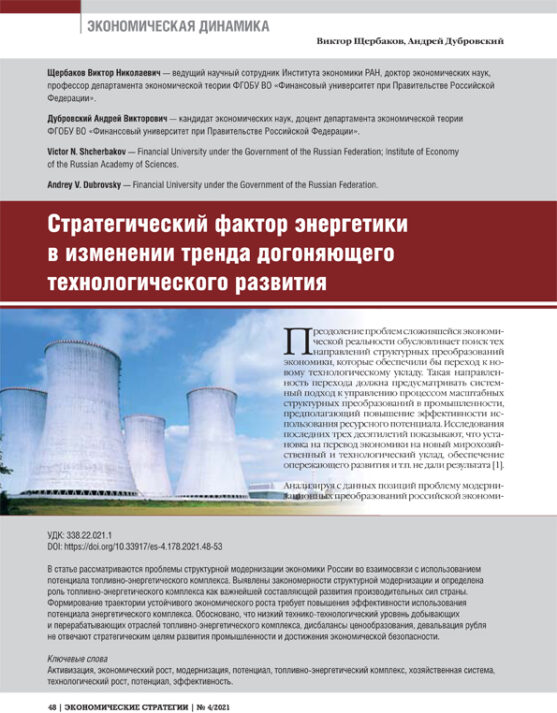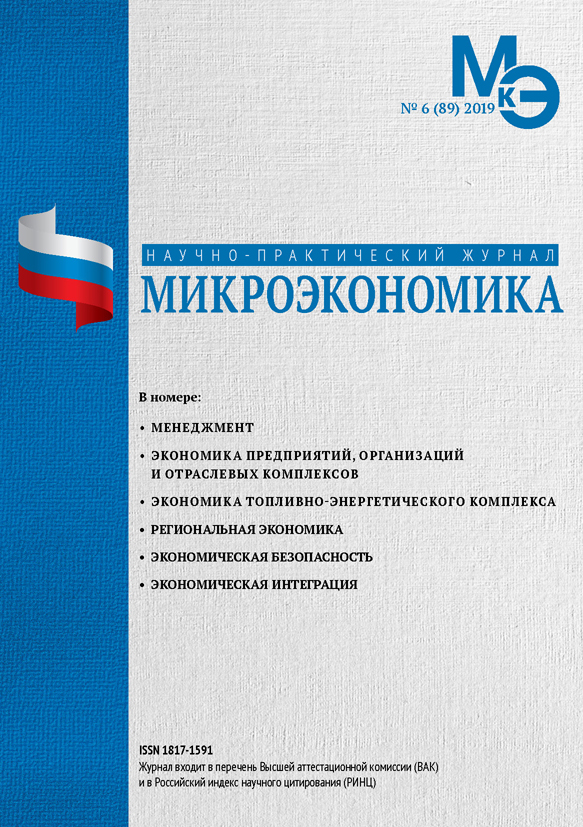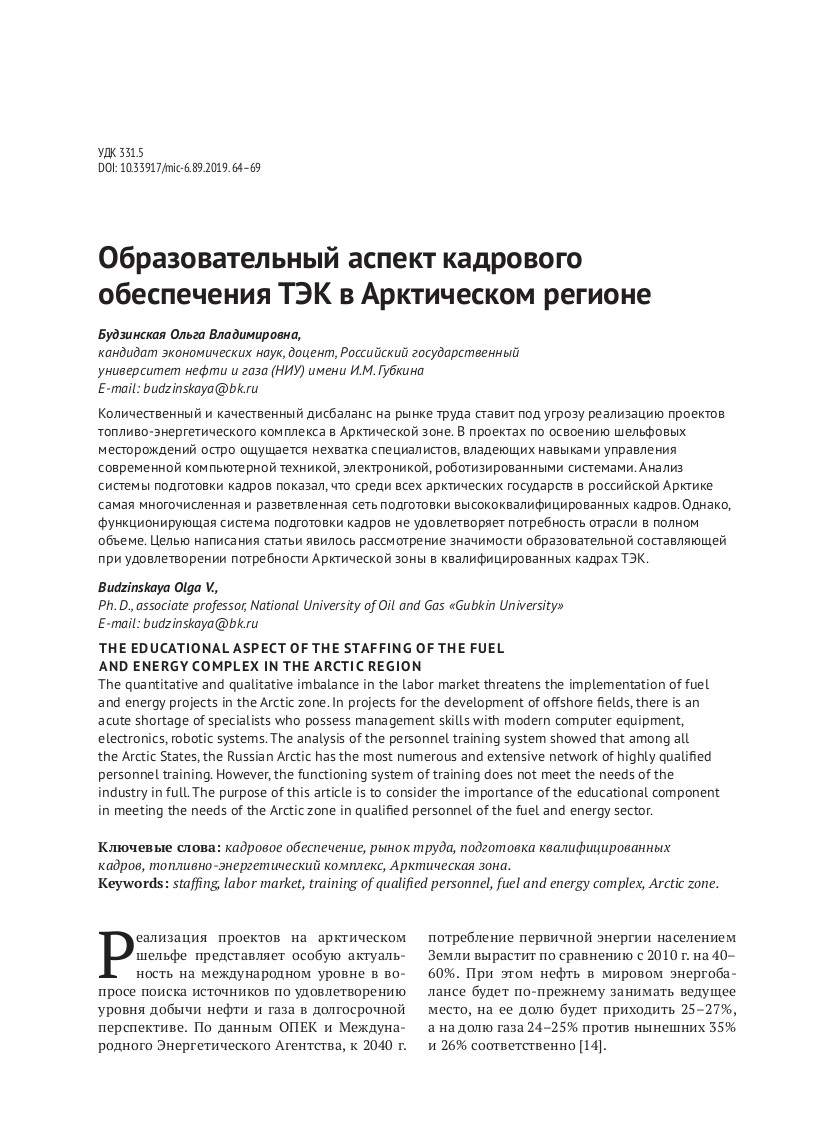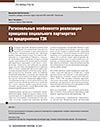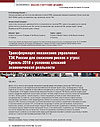Cooperation of the Russian Federation and the Kingdom of Saudi Arabia in the Fuel and Energy Sector
DOI: 10.33917/es-6.198.2024.42-47
The article dwells on cooperation between the Russian Federation and the Kingdom of Saudi Arabia in the fuel and energy sector. The author examines the main areas of cooperation between two countries, which takes place despite their potential competition in the energy market, analyzes the current state of their interaction and identifies prospects for cooperation in the future. Particular attention is paid to the regulatory framework in the oil sector, to development of energy projects, including investment interest, as well as to measures for strengthening partnerships between Russia and Saudi Arabia despite the relatively weak mutual trade turnover. The results analysis makes it possible to draw up conclusions on the significance and prospects for further development of cooperation in the fuel and energy sector between the two countries.
References:
1. V Gosudarstvennoy dume proshel “pravitel’stvennyy chas” s uchastiem ministra inostrannykh del Sergeya Lavrova [A “Government Hour” Was Held in the State Duma With the Participation of Foreign Minister Sergei Lavrov]. Ofitsial’nyy sayt Gosudarstvennoy dumy Federal’nogo sobraniya Rossiyskoy Federatsii. 2023. 15 fevralya, available at: http://duma.gov.ru/news/56388/
2. Ukaz Prezidenta RF ot 31 marta 2023 g. N 229 “Ob utverzhdenii Kontseptsii vneshney politiki Rossiyskoy Federatsii” [Decree of the President of the Russian Federation dated 03/31/2023 No. 229 “On approval of the Concept of Foreign policy of the Russian Federation”]. Konsul’tantPlyus, available at: https://www.consultant.ru/document/cons_doc_LAW_443540/b59042910d7c1d8c1b8879c93b1a5fd7ab985233/
3. Upravlenie energeticheskoy informatsii SShA [Website]. EIA, available at: eia.gov
4. Fazel’yanov E. Energeticheskie otnosheniya Rossii s Saudovskoy Araviey [Energy Relations Between Russia and Saudi Arabia]. Mezhdunarodnaya zhizn’. Arkhiv 2 nomera 2021 g., available at: https://interaffairs.ru/jauthor/material/2472
5. Soglashenie mezhdu Pravitel’stvom Rossiyskoy Federatsii i Pravitel’stvom Korolevstva Saudovskaya Araviya o sotrudnichestve v oblasti nefti i gaza [Agreement Between the Government of the Russian Federation and the Government of the Kingdom of Saudi Arabia on Cooperation in the Field of Oil and Gas]. Ministerstvo inostrannykh del Rossiyskoy Federatsii, available at: https://www.mid.ru/ru/foreign_policy/international_contracts/international_contracts/2_contract/46192/
6. Akhmed Mokhamed Abdu Khasan. Energeticheskiy dialog Rossiyskoy Federatsii i Korolevstva Saudovskaya Araviya [Energy Dialogue Between the Russian Federation and the Kingdom of Saudi Arabia]. Vestnik Rossiyskogo universiteta druzhby narodov. Seriya: Mezhdunarodnye otnosheniya, 2018, vol. 18, no 2, pp. 342–355.
7. Blizhniy Vostok: “zelenoe” zakonodatel’stvo i printsipy ESG [The Middle East: “green” Legislation and ESG Principles]. TsDU TEK. Tsentral’noe dispetcherskoe upravlenie toplivno-energeticheskogo kompleksa, 2023, 29 marta, available at: https://www.cdu.ru/tek_russia/issue/2023/1/1110/





